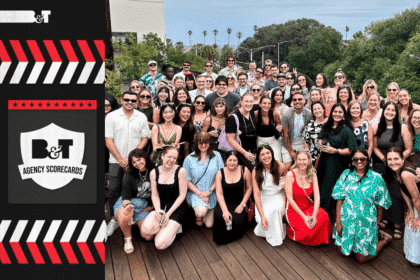Jane Huxley, the Australian managing director of music streaming service Pandora, told the audience at yesterday’s Australian Direct Marketing Association (ADMA) Sydney data day that although audiences see the offering as a personalised radio service, the value of the company is in data.
"I run a data company. Pandora is in the business of data,” she said.
Launched in 2000 by Tim Westergren, locally Pandora now has 1.5m registered users.
Westergren was a film composer who wanted to be able to group music for directors based on certain characteristics. With the help of data scientists and engineers the "music genome" project was built.
Before a piece of music is added to the system, a human "music analyst" listens to it and characterises the song by 450 unique attributes. This information then helps listeners to customise their radio listening experience by grouping songs with similar attributes.
The platform is currently in the process of monetising and Huxley describes the ad unit available on the service as "ear balls" saying that when listeners hear ads the "ear ball is followed by the eye balls" as listeners look down to their devices to see a corresponding advertisement.
While local advertising on the platform is still in its infancy, Huxley said: "The first three campaigns launched in December rebooked and doubled their spend."
Available across the web, Apple and Android devices as well as in a number of car models and even a Samsung fridge, data collected by the company shows that 70% of Pandora users are currently engaging with the service on smartphones, an environment which can be difficult for advertisers to tap into.
“Cookies don't exist in this space," Huxley pointed out.
When asked who Huxley sees as the platform’s main competitors, she said: "We are a disrupter to traditional radio."
Like Spotify, Pandora has been criticised by musicians as ripping off artists but the platform pays royalties to APRA/AMCOS in Australia and in the coming months is looking to utilise the data it is collecting to help artists further.
Musicians will be able to claim their profiles and access artist analytics which are similar to Google analytics.
The information will show performers information such as who is listening to their music and where, allowing them to directly access audiences to promote gigs and sell merchandise.








